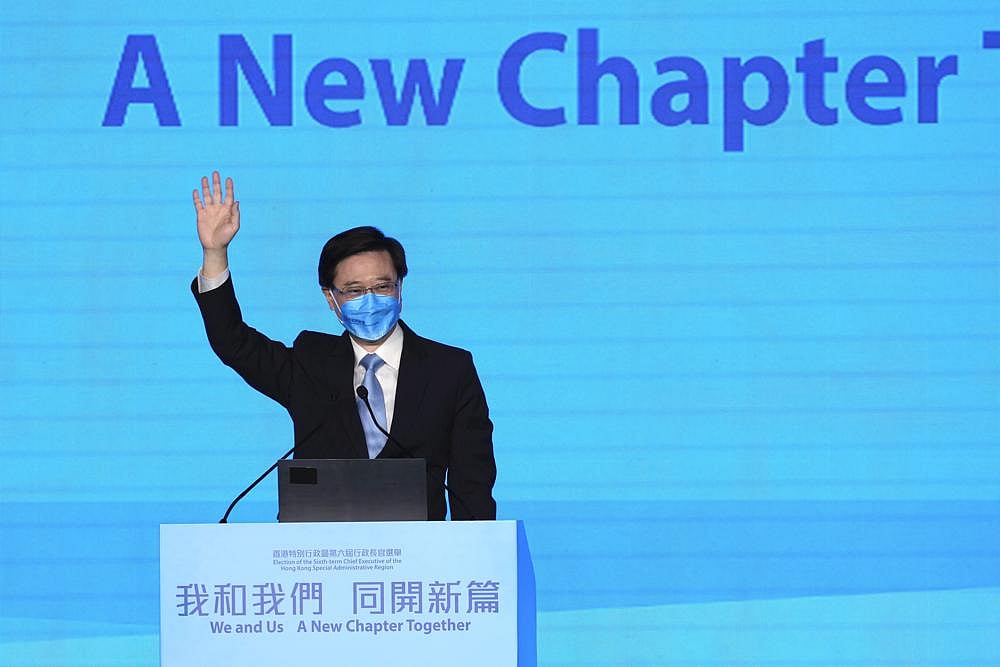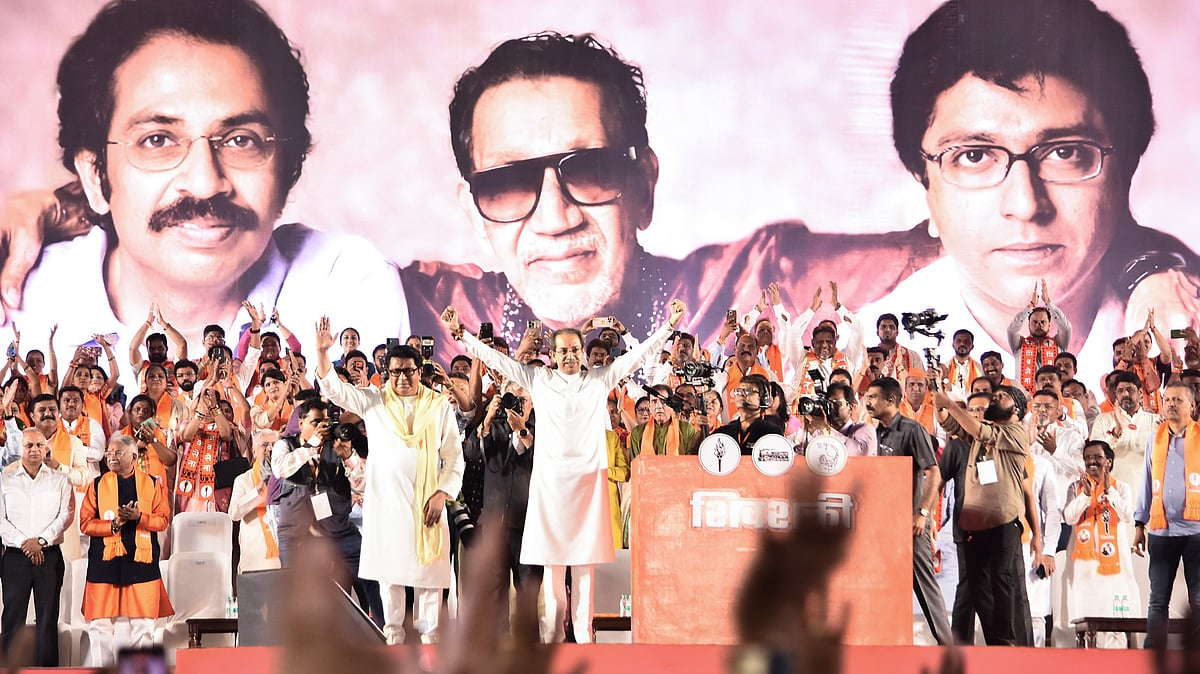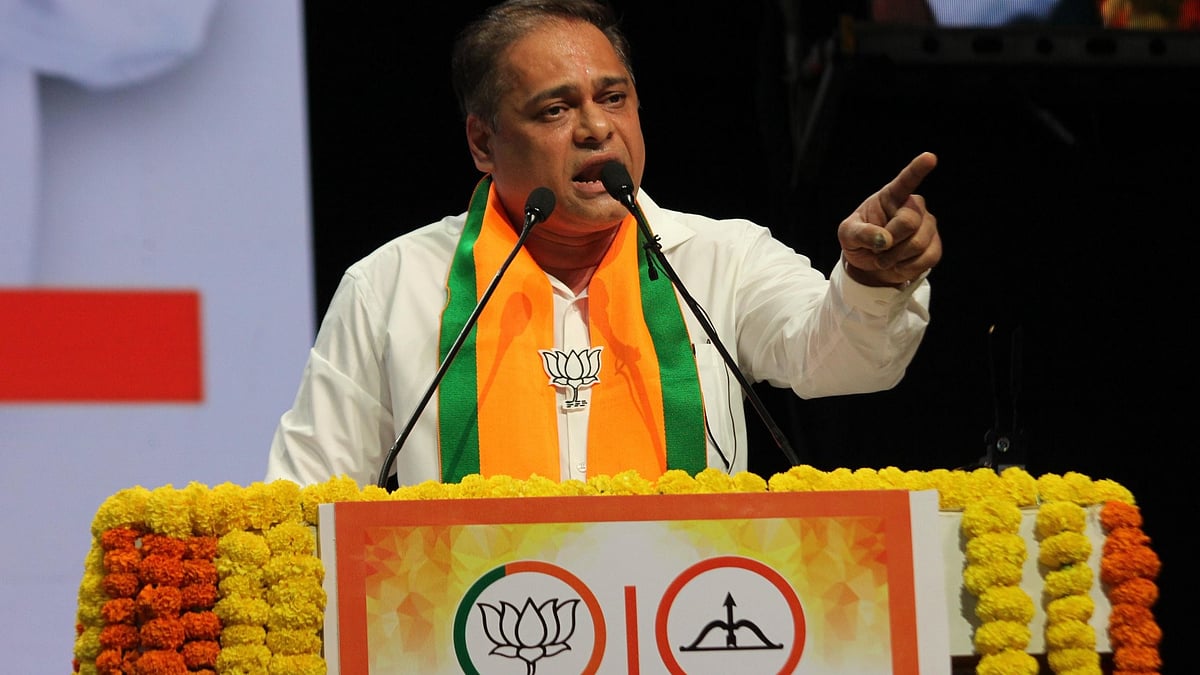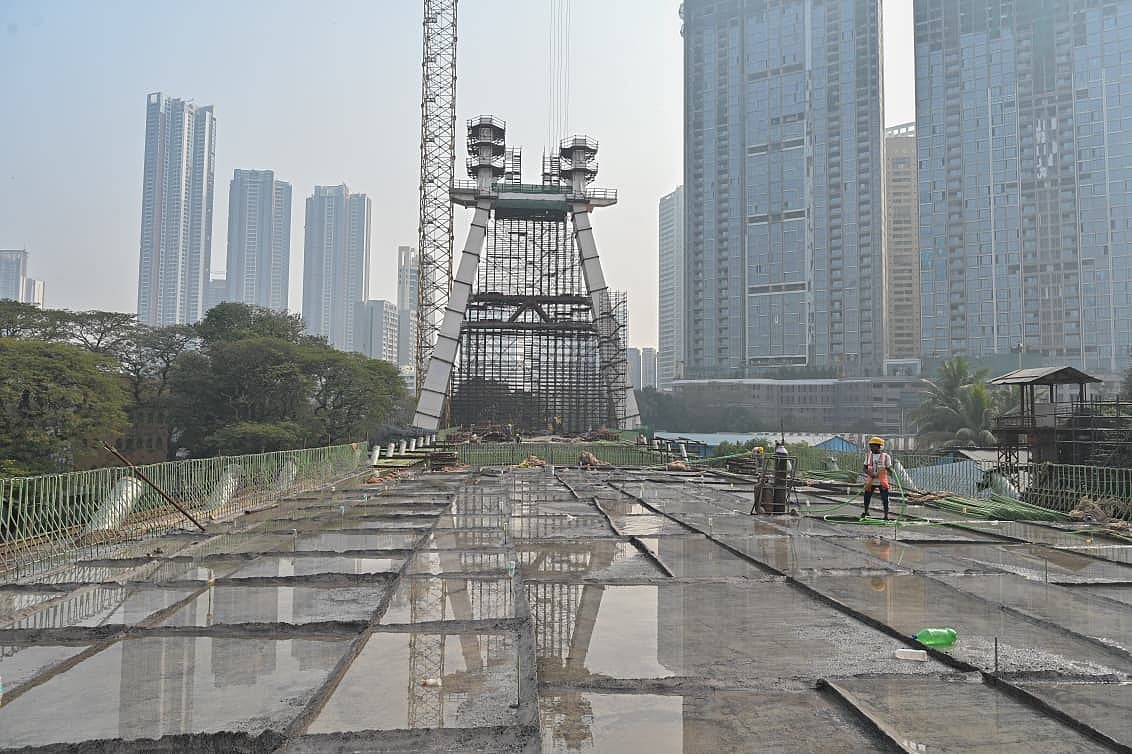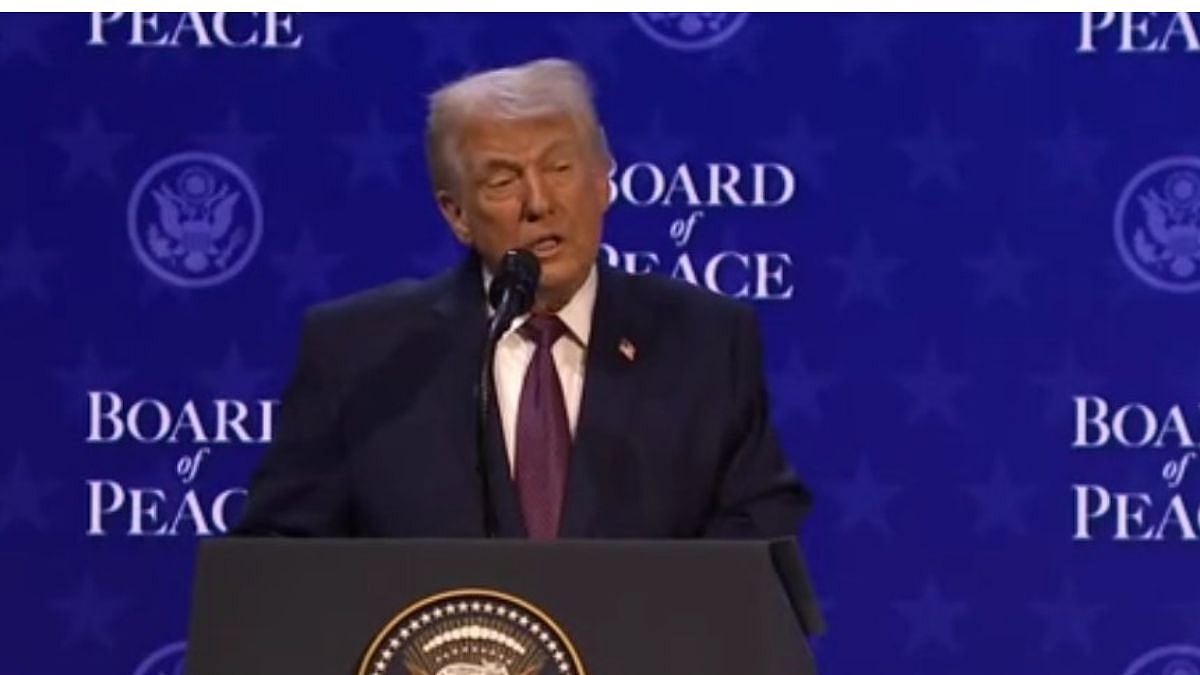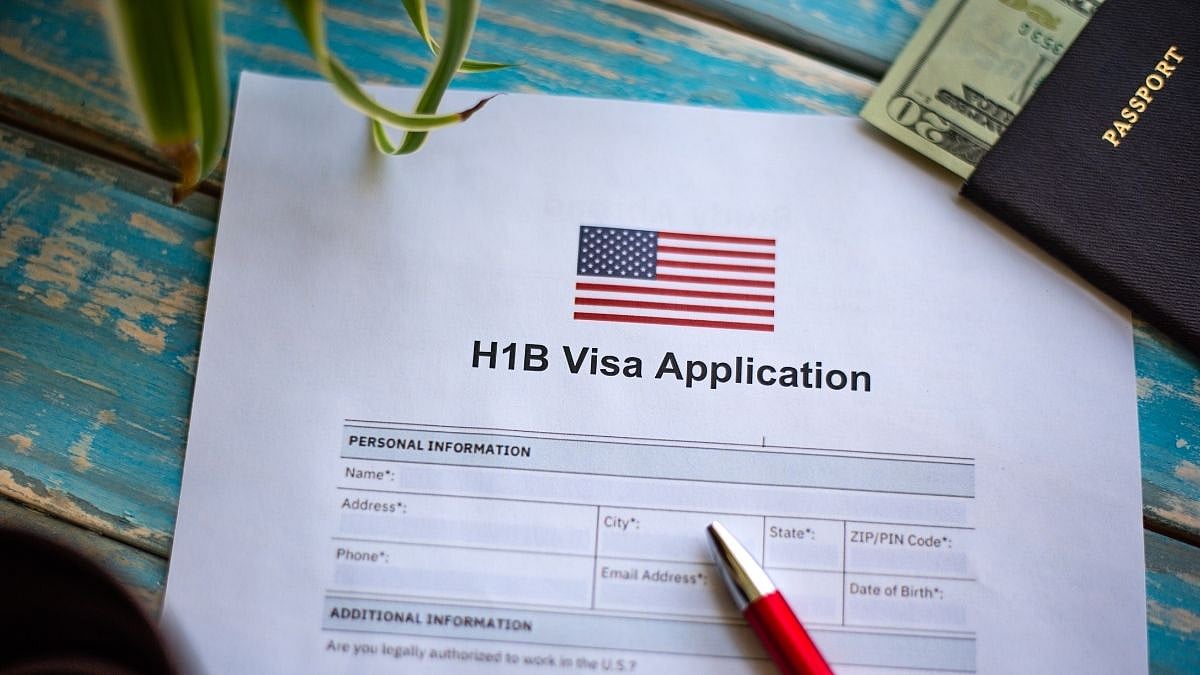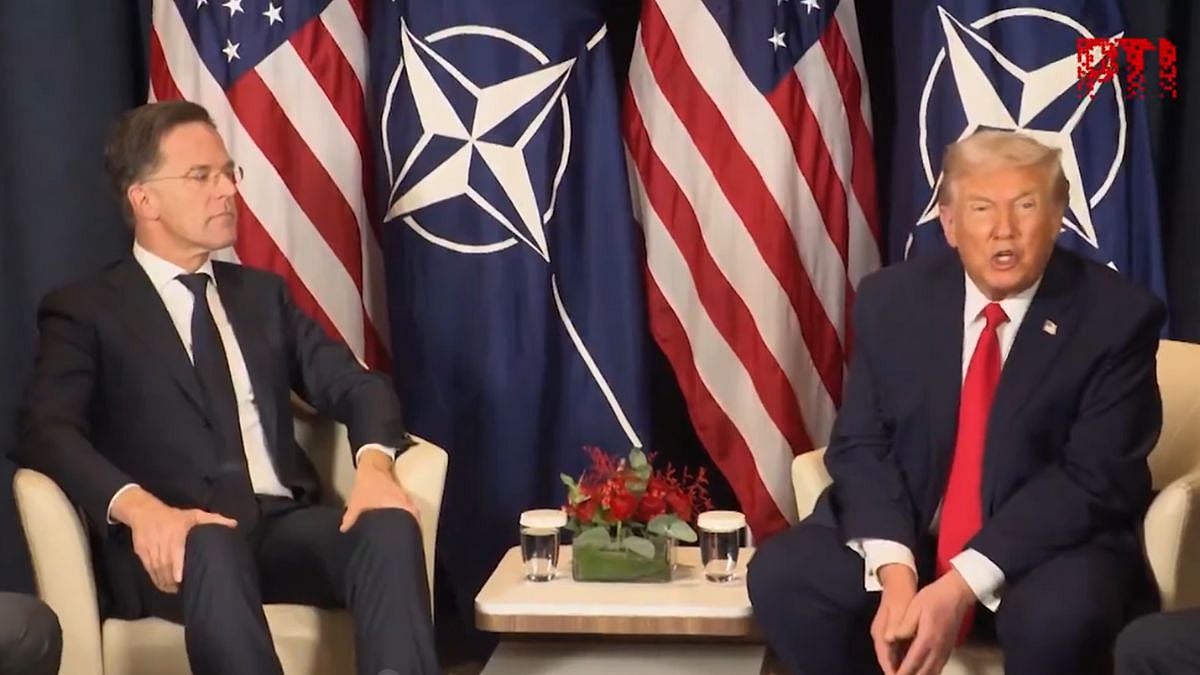China is installing a career security official as the new leader of Hong Kong in the culmination of a sweeping political transformation that has gutted any opposition in the Asian financial center and placed it ever more firmly under Beijing’s control.
John Lee, formerly the city’s No. 2 official, is the only candidate Sunday in what is an election in name only. Well over half of the 1,500-member Election Committee that selects the chief executive has already endorsed him and he needs only a simple majority to win.
Lee will replace Carrie Lam on July 1. Her 5-year term was marked by Hong Kong’s most tumultuous period since the former British colony was returned to China in 1997.
The election follows major changes to Hong Kong’s electoral laws last year to ensure that only “patriots” loyal to Beijing can hold office. That also saw the legislature reorganized to all but eliminate opposition voices.
The choice to endorse Lee -- a hardline security official known for overseeing heavy crackdowns on the city's massive pro-democracy protests in 2019 and who has little policymaking experience when compared to the city's past leaders -- suggests that national security may continue to be prioritized above all else in the years to come.
Lee, a former cop and security minister, emerged as a leading advocate for cracking down on Hong Kong’s pro-democracy opposition over the past three years, defending the police’s use of force against protesters and warning that those who supported the now-shuttered Apple Daily newspaper would “pay a hefty price.”
Such hard-line positions were central to Beijing’s decision to anoint him as the sole candidate in the chief executive’s election Sunday, according to interviews with 10 members of the committee appointed to ratify the choice.
Since the implementation of the national security law in 2020, over 50 civil society groups, from trade and teachers' unions to student organizations, have disbanded. And more than 180 people (including activists and pro-democracy figures who have advocated for gender issues) have been arrested since the law was enacted in June 2020, according to a tracker run by ChinaFile magazine.
Following an overhaul of the city's electoral system to ensure loyalty to the Chinese state, pro-Beijing lawmakers and councilors now dominate the city's legislature. After the reforms, more than 200 district councilors have either resigned or been disqualified and many have been arrested on national security grounds, forcing out almost all opposition.
The city’s previous four chief executives were also all effectively Beijing appointees. A push to elect the leader by popular vote foundered in 2014 amid protests demanding Beijing also relinquish the right to approve candidates.
Lee’s rise grew out of massive pro-democracy protests in 2019 that spiraled into violent clashes. As security secretary, he led the campaign to confront protesters with tear gas and rubber bullets, then rounded many of them up for arrest later.
Lam implemented Beijing’s orders and was widely seen as the face of the crackdown. But the career bureaucrat still seemed out of step with China’s hardline president and Communist Party leader Xi Jinping.
For her successor, Beijing opted for Lee, a former top police official and staunch advocate of the new National Security Law that outlaws subversion, secession, terrorism and collusion with foreign forces. More than 150 activists and others have been arrested since its implementation.
Following passage of the law in 2020, the United States sanctioned Lee, Lam and other Hong Kong and mainland Chinese government officials, for “undermining Hong Kong’s autonomy and restricting the freedom of expression or assembly.”
Almost all government critics have been jailed, fled abroad or been intimidated into silence. Thousands of residents have voted with their feet, with many professionals and others leaving the city of 7.4 million people.
(with inputs from AP)
